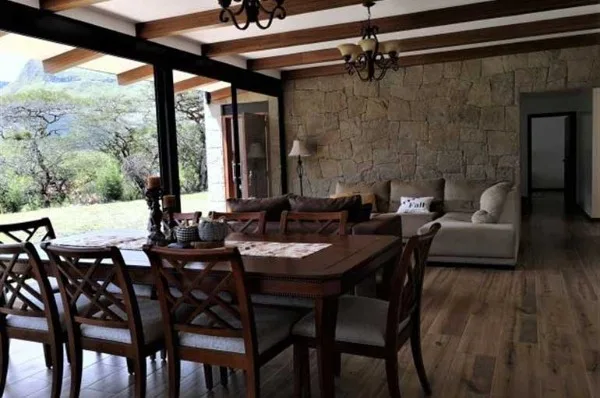On anniversary of 2019 protests, Covid ‘keeps the peace’ but most grievances remain unresolved
On the first anniversary of the violent protests that brought Ecuador to standstill in 2019, both the government and indigenous groups are keeping a wary eye on the streets.

Police confront protesters in Quito on October 11, 2019.
“Most of the problems that led to the mobilization have not been solved,” says protest leader Jaime Vargas, president of the indigenous coalition Conaie. “The promises of changes by the government have not been kept and the inequality that existed in 2019 is worse today. The same neoliberal policies of the Rafael Correa and Lenin Moreno governments remain in place. When I am asked if the protests could resume, I say yes, absolutely, they can.”
Ecuador Interior Minister, Maria Paula Romo, admits that many of the labor, educational and transportation reforms agreed to in the meetings that ended the protests have not been carried out. “Just months after those discussions, Ecuador faced one of its biggest crises in history, the coronavirus pandemic, and I don’t need to tell you how it has upended the lives of everyone and affected every institution in the country,” she says. “We continue to struggle to contain the disease and it has put huge strains on the government. The country is in a deep economic recession and public funding has been drastically reduced.”
Despite the concerns, October 3 came and went without major protests. According to the government, Conaie and political analysts, there are several reasons for the peace.
First, there is fear of the Covid virus, with Conaie concerned that the disease is having a disproportionate impact on indigenous people. Second, there is internal conflict among various factions of the indigenous leadership, especially over the selection of Yaku Perez as presidential candidate for the indigenous political party, Pachakutik. Third, there is general consensus that the pandemic has left the government almost destitute and unable to fulfill even its most basic obligations.
Former interior vice minister and presidential advisor Wilson Parra believes that protests will return but probably not soon. “Anyone would be a fool to say it won’t happen again since the underlying discontent remains,” he says. “On the other hand, there are a number of factors holding it off, the biggest being Covid-19 which, in effect, is keeping the peace. In addition, you have the division within the indigenous movement and the argument that the movement should come together and devote its energy and resources to the February elections, in which they appear to have a good chance of picking up seats in the National Assembly.”
Parra adds: “It’s a long way to February and a lot could happen before the election. The political situation remains volatile but much of the anger has been tempered by the virus and it appears that things will not change any time soon.”





















